
Head of the Division of Computational and System Biology
Vavilov Institute of General Genetics
Russian Academy of Sciences
This research and training program aims to provide students with necessary skills and knowledge in using the large-scale biological data obtained in the course of biological experiments, including various “omics” as well as epidemiological and pharmacological studies. Methods based on statistics and machine learning are also utilized in applied bioinformatics. Students obtain in-depth knowledge in the field of modern molecular biology, genetics and related biological disciplines.
Alexander Melerzanov, MD, PhD, Dean, about Master's program 'Bioinformatics'
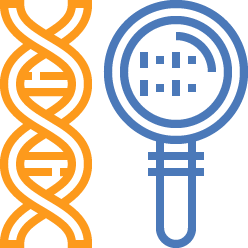 Genetics
Genetics
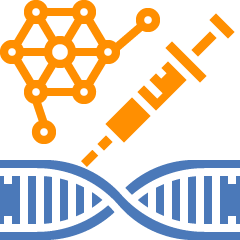 Genomic Medicine
Genomic Medicine
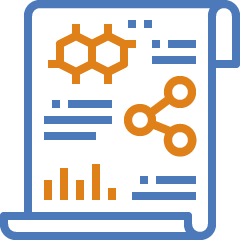 Biostatistics
Biostatistics
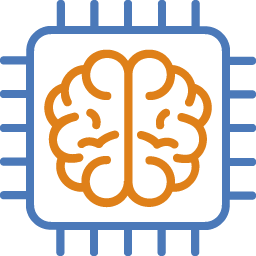 Machine learning
Machine learning
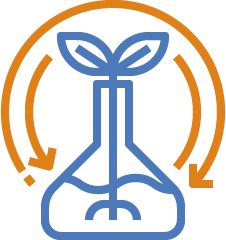 Algorithms of bioinformatics
Algorithms of bioinformatics
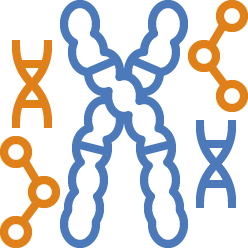 Transcriptome, epigenomics
Transcriptome, epigenomics
 OMIСS data
OMIСS data
Industrial Bionformatics is a promising program for the further employment in science as well as in many commercial enterprises. Students with basic knowledge in maths and computer science to perform calculations in bio are welcomed to the program. This program created by experts, who have proved themselves both in industry and academia. During their studies, students are sent to work and practice in the leading Russian and international research centers and institutes, some of which have participated in the creation of the program, such as: Georgia Tech, BostonGene, Martin Luther universität Halle-Wittenberg, Sechenov University, Phillips etc. Our students are involved in research work with our key partner BostonGene. For those students who fail to fully mastered any of the subjects, individual trajectory of study can be implemented, including the Coursera and Stepik platforms.
 Real examples from research projects
Real examples from research projects
 Practical experience in solving real biological problems
Practical experience in solving real biological problems
 Interactive, on-line and individual educational process
Interactive, on-line and individual educational process
Graduates of this program should gain the:
You can learn more about the program and take a test on the site